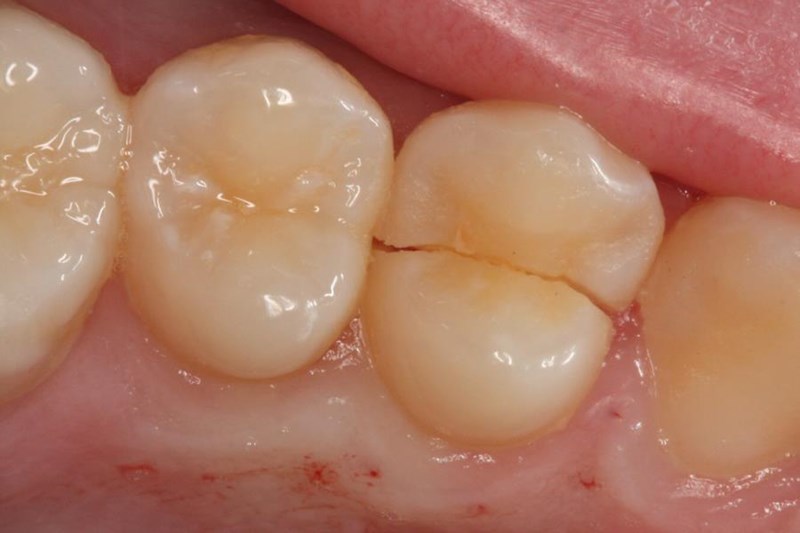Here are three common dental emergencies that people suffer from and what you should do if you think you are suffering from one of these problems..
Losing a Tooth
An accidental trauma will normally be the cause if you unexpectedly lose an adult tooth. If that is the cause, there are certain steps that you’ll need to take to try and save this lost tooth. If you can find the tooth, use the crown to pick it up and not the root. It’s important to keep the root as clean and free from germs as possible, so as to avoid any infections further down the line.
Keep the tooth safe, placing it in a saline solution if you can, before finding the nearest dentist straight away. The main thing you need to try and do in this scenario is to keep the tooth moist and clean until the dentist can place it back into your gum. Should the tooth dry out before it’s placed back, it might not be as healthy, which could lead to issues later on.
Cracking a Tooth – What Should You Do?
Excruciating pain can be caused if you break or crack a tooth, with some of the worst cracks leaving sensitive nerves exposed. If you do crack your tooth, there are a number of things you can do to control the pain and to help your dentist repair the damage as best they can.
As soon as you know that you’ve cracked your tooth, use warm water to rinse your mouth out, replacing the water regularly. If there is blood, use gauze (or a warm teabag) and apply gentle pressure to the area until it stops. Use cold packs on the outside of your face if you experience any swelling and take over-the-counter painkillers to reduce the pain you’re in. Then, get in touch with your dentist immediately.
When you visit your dentist, they’ll be able to tell you if a cavity or trauma has caused the break, and they’ll also be able to tell if any blood vessels or nerves have been damaged. Then, they’ll proceed with the best course of action to save as much of your tooth as they can.
Persistent Toothache – What Should You Do?
There is nothing worse than a toothache that won’t go away and a persistent toothache can soon become debilitating. There are a number of reasons why this may occur, from a foreign object that’s got stuck in your gum to a tiny fracture that’s not visible. Whatever the reason for pain, there are a few ways that you can manage your toothache.
First, to keep bacteria at bay, rinse your mouth out with warm salt water; this will also help to soothe the temperature of your tooth. Floss around the tooth that’s aching to make sure there’s no debris caught between it and another tooth or the gum. Sometimes a toothache can be caused when a little piece of food has gotten lodged somewhere and it puts pressure on the tooth and/or gums, causing the pain you’re experiencing. However, if this doesn’t remove the ache, you can take over-the-counter pain relievers and use a cold pack on your face.
If the pain has been caused by something that’s gotten stuck in your teeth, you’ll probably be able to sort this problem out at home and you won’t need to seek a dentist’s advice. However, if the problem doesn’t go away and you don’t know what’s causing it, you should book an appointment with your dentist. They’ll then be able to advise you on what is causing the pain and will tell you what options there are to resolve it.
So, even though you don’t want to think about any of these things happening, by being prepared it’ll help you deal with the situation quickly and effectively, achieving the best possible outcome for your teeth. And, as mentioned in every dentist emergency, it’s important to get in touch with your dentist as soon as you can so they can help resolve your pain and discomfort as soon as possible. If you leave any of these dental traumas for longer than you should, it could result in further problems and even tooth loss.


No comments:
Post a Comment